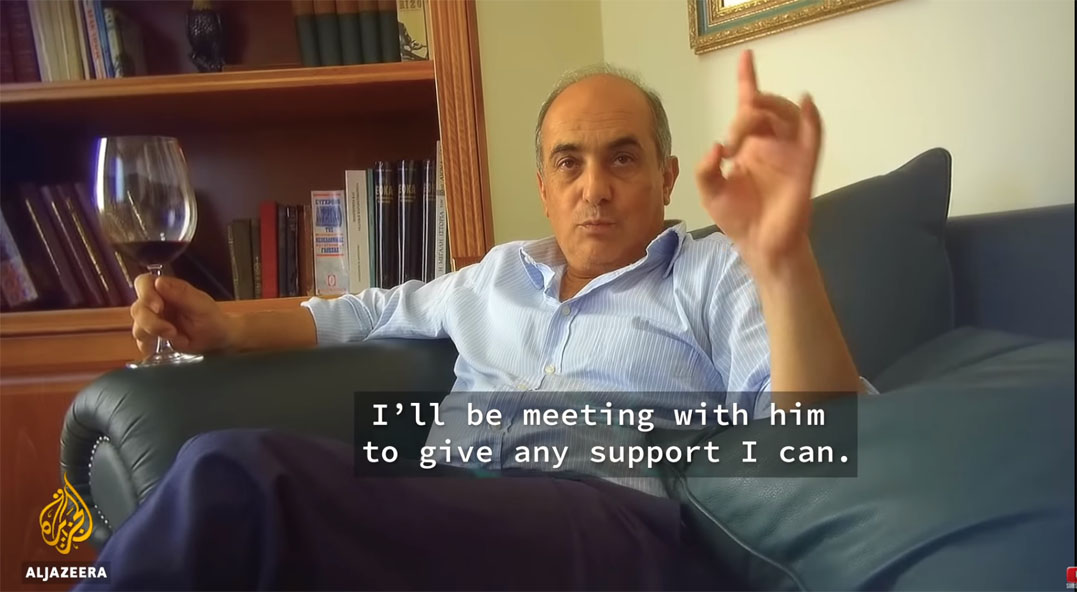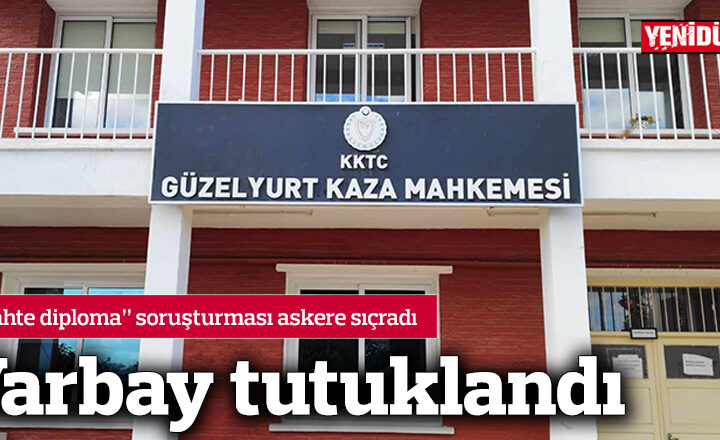Corruption in Cyprus has filtered through most aspects of our society.
First, we need to identify the extent of the problem. Second, we have to look into the causes of corruption.
Last but not least, we must put forward concrete proposals on how to fight it.
THE PROBLEM
Corruption during the ten-year tenure of Anastasiades’ government has reached unprecedented levels.
The prime example is the mismanagement of the citizenship program, “the golden passports”. Within the framework of the Cyprus Investment Program, the Council of Ministers approved the naturalization of foreign nationals, but most of them did not meet the criteria set out by the relevant legislation.
Various Ministers – but also the President himself – had some connection with law firms or other offices which benefited from the naturalization process that they themselves had approved.
Such actions constitute an unprecedented “conflict of interest” as far as state institutions are concerned.
The maladministration of the CIP has also contributed to a price hike in the property market.
The result was that young people trying to make ends meet could not afford their first home. The absence of mechanisms to fight corruption has downgraded our country as an investment destination and has significantly reduced the prospects of sound economic growth.
THE DIAGNOSIS
Corruption is the result of:
(1) Absence of transparency.
(2) Lack of regulations to avert the appointment of persons who have a conflict of interest to important posts.
(3) Inability of independent institutions to exert their authority with the necessary independent checks and balances on the Executive.
Due to the peculiarities of the Cyprus Constitution and the absence of bicommunal checks and balances since 1964, the institutional framework does not provide the necessary constitutional checks and balances to ensure the smooth running of the country.
Independent institutions (such as the Attorney General or the Auditor General) have an obligation to exert control over the government at any time so that it does not deviate from rules and regulations.
According to the Constitution, these independent officials are appointed by the President, something that provides incentives to appoint “trusted” persons to circumvent safety procedures provided by the Constitution.
The present government has increased mistrust in the institutions, having appointed two ex-ministers to the posts of Attorney General and Assistant Attorney General.
Citizens may well wonder whether these persons can investigate impartially actions by the government in which they had participated.
The end result is that there is an inter-dependence between the independent officials and the Executive, which they have to check.
This inter-dependence contributes to the impunity with regard to offences related to corruption – in particular when it comes to the involvement of political persons – since the Attorney General is the government’s legal counsel and the chief prosecutor.
The establishment of the Anti-corruption Authority and the appointment of the Commissioner of Administration, following the submission of a list of persons by an Advisory Council, is an important and positive step.
Nonetheless, the new institution has weaknesses, and its terms of reference have not yet been approved.
FIVE PROPOSALS
If we are to ensure the smooth running of the country and fight corruption, we have to put an end to the interdependence of the independent institutions and the Executive.
We must create conditions to consolidate transparency and introduce regulations which will avert corruption.
I put forward five proposals to set up an “Honest State”
- Introduce a policy practice whereby the President holds consultations with the House as far as the appointment of independent officials, as these are set out in the Constitution. The House will hold public hearings (as in the European Parliament) to examine the persons proposed by the President.
Thus, the House will be in a position to exert pressure on the appointment by the President to ensure these persons are widely accepted and with the right qualifications. As time elapses, this will be established as a constitutional convention.
- Regarding the appointments of independent officials to Authorities, which were established by law or as a result of our obligations emanating from EU membership, I propose to pass legislation on the appointment procedure based on the appointment procedure followed by the Commissioner of Administration (Ombudsperson).
- This process is also applied in the case of the Chair of the Board of Directors of Semi-government Organisations, with a relevant amendment of the law governing such appointments.
- The competencies of the Attorney General as the government’s legal counsel and the Public Prosecutor should be separated by creating another institution which will be the legal counsel of the Executive. Consequently, the Attorney General will be able to function as the Public Prosecutor without hindrance due to the fact that he is the Republic’s legal counsel as well. This separation has been implemented successfully in other Commonwealth states.
- Finally, establish an effective and institutionalised procedure relating to the source of one’s wealth. Citizens have the right to know the annual financial situation of elected officials and their close relatives, any relevant changes and also an explanation for such changes.
Corruption is one of the fundamental problems Cypriot society is facing.
Having independent institutions is a key precondition to fighting corruption.
A radical change in the way appointments are made to these institutions is imperative if we are to succeed in the effort to establish an “Honest State”.
By Achilleas Demetriades, presidential candidate for the 2023 elections
Achilleas Demetriades
19 August, 2022










